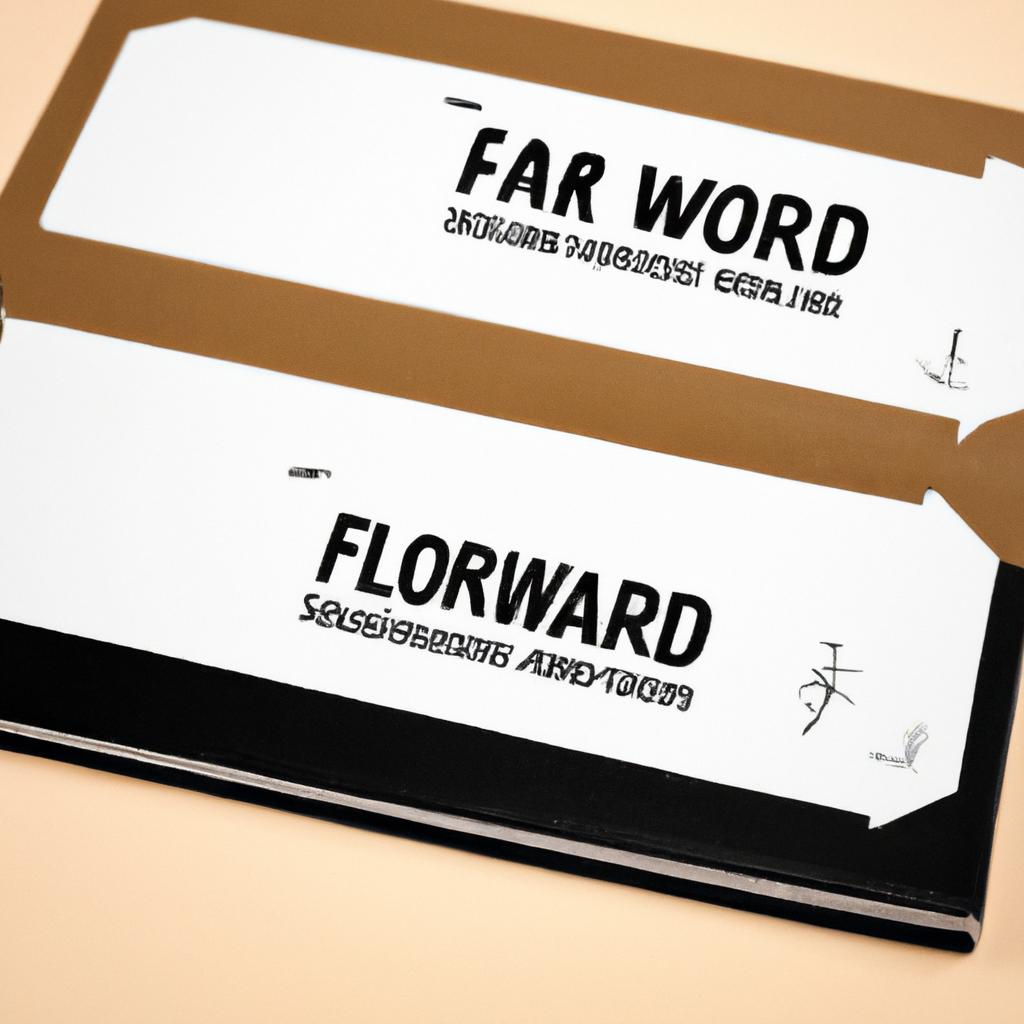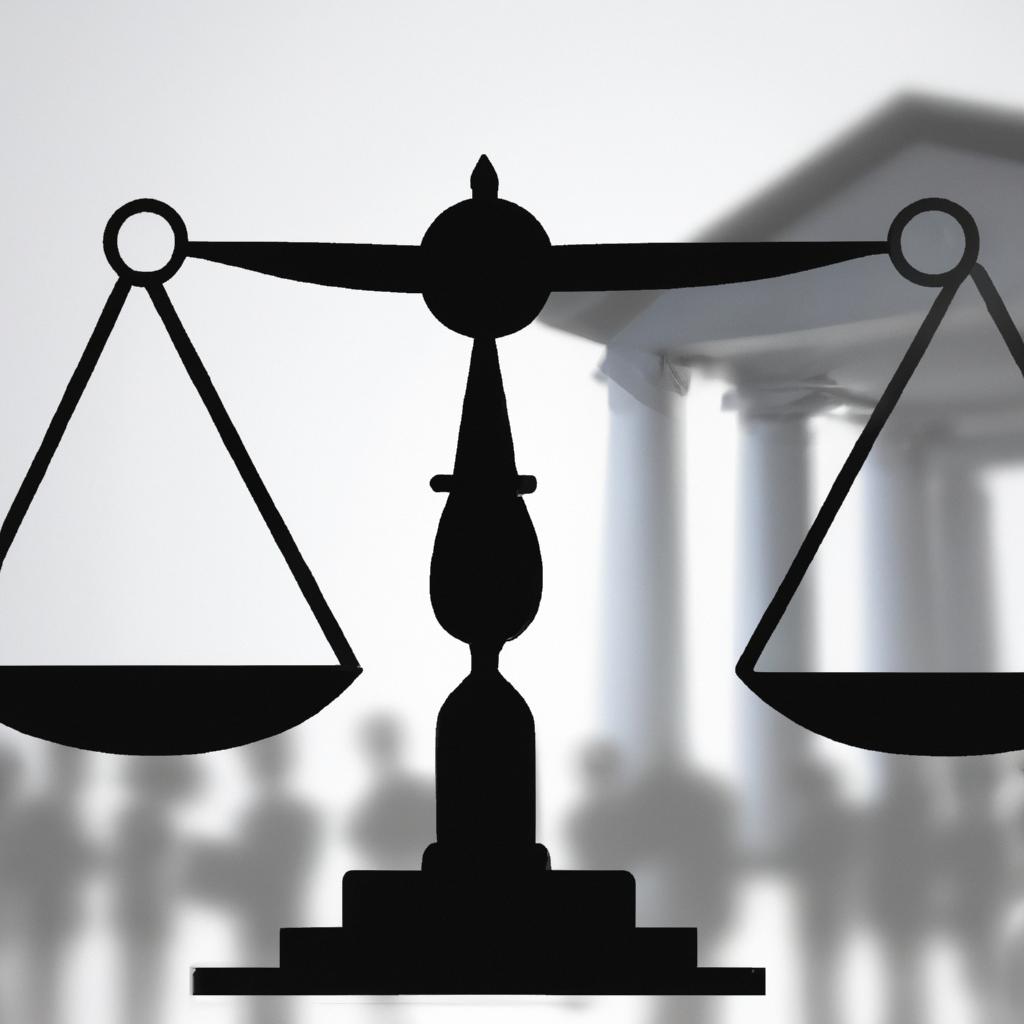In the realm of estate administration, the intricacies of managing a deceased individual’s affairs often extend beyond the mere distribution of assets. One crucial aspect that often goes overlooked is the handling of mail forwarding for deceased individuals. As seasoned practitioners in estate planning at Morgan Legal Group, based in the bustling metropolis of New York City, we understand the importance of ensuring that no stone is left unturned in the posthumous management of our clients’ affairs. Join us as we delve into the nuanced world of mail forwarding for the deceased, shedding light on the legal considerations and practical steps involved in safeguarding the rights and privacy of our departed loved ones.
Mail Forwarding for Deceased: Understanding the Legal Process
In the event of a loved one’s passing, managing their mail forwarding can be a complex process that requires a clear understanding of the legal steps involved. As experienced attorneys at Morgan Legal Group, we specialize in handling the legal aspects of mail forwarding for deceased individuals. It is crucial to navigate this process carefully to ensure that sensitive information is protected and that all necessary notifications are made.
- Notification of death: One of the first steps in the mail forwarding process is to notify the post office of the individual’s passing. This can be done by providing a copy of the death certificate and completing the necessary forms.
- Forwarding mail: Once the post office has been notified, arrangements can be made to forward the deceased individual’s mail to the appropriate parties. This may include family members, estate executors, or other designated representatives.
| Steps | Details |
|---|---|
| 1 | Notify post office of death |
| 2 | Complete necessary forms |
| 3 | Arrange for mail forwarding |

Key Considerations for Implementing Mail Forwarding Services
When considering implementing mail forwarding services for the deceased, there are several key factors to keep in mind to ensure a smooth and efficient process. One important consideration is to obtain the necessary legal documents, such as a death certificate and letters testamentary, in order to authorize the forwarding of mail on behalf of the deceased. This documentation is crucial for establishing legal authority and ensuring that the mail forwarding service is conducted in accordance with the law.
Additionally, it is essential to notify all relevant parties, such as banks, credit card companies, and government agencies, of the deceased’s passing in order to update their records and ensure that mail is forwarded to the appropriate individual or address. Furthermore, it is important to carefully review the terms and conditions of the chosen mail forwarding service to ensure that it meets the specific needs and requirements of the deceased’s estate. By taking these key considerations into account, you can effectively manage and streamline the process of forwarding mail for the deceased.

Navigating Potential Challenges and Pitfalls
One potential challenge that can arise when dealing with mail forwarding for a deceased individual is ensuring that all important mail is properly redirected to the appropriate parties. This can be particularly complex if the deceased had multiple residences or business addresses. It is crucial to update the forwarding address with all relevant postal services and ensure that any important documents or packages are not lost in the transition.
Another pitfall to be aware of is the potential for identity theft or fraud when forwarding mail for a deceased individual. It is important to monitor all forwarded mail closely and be vigilant for any suspicious activity. Additionally, it may be necessary to notify financial institutions, government agencies, and other entities of the individual’s passing to prevent any unauthorized access to sensitive information. Proper communication and documentation are key in navigating these potential challenges and pitfalls effectively.
| Challenge | Solution |
|---|---|
| Multiple residences or business addresses | Update forwarding address with all relevant postal services |
| Identity theft or fraud | Monitor forwarded mail closely and notify relevant entities of the individual’s passing |

Recommendations for Efficient and Secure Mail Handling after Death
When handling mail after the passing of a loved one, it is crucial to ensure that all correspondence is being forwarded efficiently and securely. To streamline this process, consider implementing the following recommendations:
- Notify Post Office: Contact the local post office to request mail forwarding for the deceased individual’s address. This will help ensure that important mail is still received while estate matters are being settled.
- Update Contact Information: Reach out to relevant institutions, such as banks, insurance companies, and subscription services, to update the contact information for the deceased. Provide them with the new mailing address or an alternate point of contact for important correspondence.
| Recommendation | Details |
| Forward Mail | Notify post office for mail forwarding |
| Update Information | Contact institutions to update contact details |
By taking proactive steps to handle mail after the death of a loved one, you can ensure that important correspondence is being managed efficiently and securely. If you require assistance with estate planning, probate, or other legal matters, do not hesitate to reach out to Morgan Legal Group in New York City for expert guidance and support.
Q&A
Q: What is mail forwarding for deceased individuals?
A: Mail forwarding for deceased individuals is a service that allows the mail of someone who has passed away to be redirected to a designated recipient.
Q: Why is mail forwarding for deceased individuals necessary?
A: Mail forwarding for deceased individuals is necessary to ensure that important documents and information are received by the appropriate parties in a timely manner.
Q: How does mail forwarding for deceased individuals work?
A: Mail forwarding for deceased individuals typically involves contacting the postal service or a private mail forwarding company to set up the service. The deceased individual’s mail is then redirected to the designated recipient’s address.
Q: What types of mail can be forwarded for deceased individuals?
A: All types of mail, including letters, packages, and bills, can be forwarded for deceased individuals.
Q: How long does mail forwarding for deceased individuals typically last?
A: Mail forwarding for deceased individuals can be set up for a specific period of time, such as six months or a year, or it can be ongoing until further notice.
Q: Are there any costs associated with mail forwarding for deceased individuals?
A: Yes, there may be costs associated with mail forwarding for deceased individuals, depending on the service provider and the duration of the forwarding.
Q: How can I set up mail forwarding for a deceased loved one?
A: To set up mail forwarding for a deceased loved one, contact the postal service or a private mail forwarding company and provide the necessary information, such as the deceased individual’s name and address, your contact information, and the recipient’s address.
Wrapping Up
In conclusion, mail forwarding for deceased individuals is a practical and efficient way to ensure that important documents and personal correspondence are properly handled after someone has passed away. By organizing this service in advance, loved ones can alleviate some of the stress that comes with managing the affairs of a deceased individual. While it may not be a pleasant task to think about, setting up mail forwarding for a deceased loved one can make a difficult time a little bit easier. Thank you for reading.
 Mail Forwarding for Deceased: What You Need to Know
Mail Forwarding for Deceased: What You Need to Know
Losing a loved one is an incredibly difficult and emotional experience. Amidst the grieving and funeral arrangements, there are also practical matters that need to be taken care of, such as managing the deceased’s mail. This is where mail forwarding for deceased individuals comes into play.
In this article, we’ll delve into what mail forwarding for deceased entails, its benefits and practical tips, and some case studies to provide a better understanding of this service. So whether you’re someone who has recently lost a loved one or a professional working in the funeral industry, keep reading to learn more.
What is Mail Forwarding for Deceased?
Mail forwarding for deceased is a service offered by postal companies to redirect mail from the deceased person’s address to a new address, typically the address of their next of kin or an executor of their estate. This service allows for a smooth transition of the deceased’s mail, ensuring that important documents and mails are not lost or delayed.
Different postal service providers may have varying procedures and requirements for setting up mail forwarding for deceased individuals. The first step is usually to notify the postal service of the individual’s passing. Some postal companies may require a copy of the death certificate as proof, while others may only require the deceased’s name, address, and the new address for mail forwarding.
Benefits of Mail Forwarding for Deceased
1. Avoid Delays and Lost Documents
Mail forwarding for deceased ensures that important documents, such as bills, bank statements, and legal notices, are promptly delivered to the designated recipient. Without this service, the flow of mail can be interrupted and documents may get lost in the process, causing unnecessary delays and complications.
2. Maintain Privacy and Security
Redirecting mail to a new address ensures the privacy and security of the deceased’s personal information. Without mail forwarding, their mail may continue to be delivered to an unoccupied home, making it vulnerable to theft and identity fraud.
Practical Tips for Setting Up Mail Forwarding for Deceased
1. Notify the Postal Service and Relevant Parties
As mentioned earlier, the first step in setting up mail forwarding for a deceased individual is to notify the postal service of their passing. It’s also essential to notify other relevant parties, such as financial institutions, insurance companies, and government agencies, about the change of address.
2. Set a Timeline for Mail Forwarding
It’s crucial to have a timeline for how long mail forwarding should be in place. This timeline may vary depending on the individual’s circumstances, such as whether their estate is going through probate or if their next of kin is living in another state or country.
3. Consider Using a Professional Service
Managing the deceased’s mail can be a time-consuming and emotionally draining task. Consider using a professional service, such as a funeral director or an estate administrator, to handle this process for you. They can handle the paperwork and logistics involved and allow you to focus on more pressing matters.
Case Studies
1. The Smith Family
After the passing of her husband, Mrs. Smith was left in charge of managing her late husband’s mail. She knew that she couldn’t handle this task alone, so she engaged the help of her husband’s funeral director. The funeral director not only helped Mrs. Smith with setting up mail forwarding, but also assisted her in notifying relevant parties and setting a timeline for the forwarding service.
2. Mr. Jones
Mr. Jones was an elderly man who lived alone. After his passing, his neighbor, who was also his executor, took care of his mail forwarding. However, the neighbor was not aware that mail forwarding is only a temporary solution and did not set a timeline for it. This resulted in Mr. Jones’ mail being forwarded for over a year, causing confusion and delays in important documents being delivered to his next of kin.
First-hand Experience
“I recently lost my mother, and I was overwhelmed with handling all the practical matters that came with her passing. One thing that I found particularly helpful was setting up mail forwarding for her. It made things a lot easier and allowed me to focus on more important matters.” – Sarah, a resident of New York.
Conclusion
Mail forwarding for deceased is an essential service that ensures the smooth handling of mail for those who have passed away. It’s crucial to inform the postal service and other relevant parties in a timely manner and set a timeline for the forwarding service. Engaging the help of professionals can also greatly ease the burden of managing the deceased’s mail. We hope this article has provided valuable information and insights on this often overlooked aspect of funeral arrangements and estate management.


